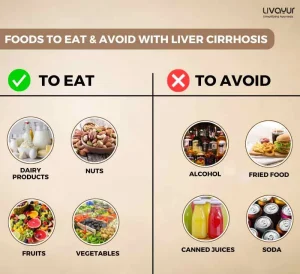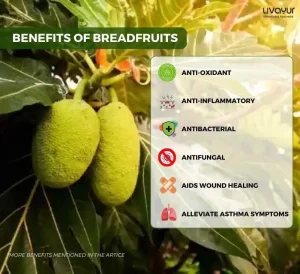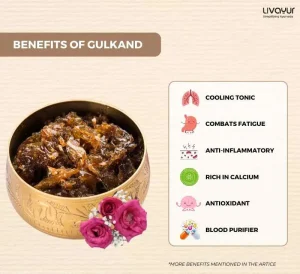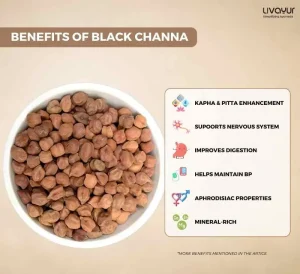
Pouring a glass of milk is a simple method to include high-quality protein and calcium in your diet—two nutrients crucial for developing strong bones and muscles!
The demand for plant milk has increased globally due to problems like lactose intolerance and milk allergy caused by the use of cow’s milk. The food industry has responded to these needs by creating a variety of milk beverages that are marketed as plant-based replacements, such as soy milk and almond milk [1].
People who opt to consume vegetarianism or veganism will find that plant-based milk is a great fit for them.
Some Popular Plant Milk Types
Soy Milk
Of the plant-based milk substitutes, soy milk has the most balanced nutritional profile. Only when it is prepared from whole, non-GMO soybeans is it beneficial. Soy milk has wholesome, plant-based protein that can maintain strong muscles and organs. Because soy milk contains a lot of omega-3 fatty acids, it may help lower LDL, or bad cholesterol, levels. Each cup of plain, unsweetened soy milk offers 7 grammes of protein [2].
Oat Milk
A grain milk substitute without dairy is oat milk. It is suitable for those who are allergic to certain foods, have a dairy allergy, or eat a vegan or plant-based diet. Oat milk is a great option for adding fibre to your diet for a healthy gut and digestive system because it has double the amount of dietary fibre as cow’s milk. It strengthens the immune system and can prevent infection with frequent ingestion [3].
Almond Milk

It is lactose-free and can be a nutritious replacement for people who are lactose intolerant. It has an abundance of different nutrients. Almond milk is a low-carb beverage that is a great alternative for those who are following a low-carb diet and need to monitor their blood sugar levels. Almond milk contains large amounts of vitamin E, a vital antioxidant. Vitamin E helps lower your risk of serious medical conditions such as cancer, heart disease, and stroke. These substances contain antioxidant and anti-inflammatory qualities that are beneficial to heart health [4].
Rice Milk
Brown rice starch, syrup, and boiling rice are used to make rice milk, a dairy-free variety of milk. This milk is a highly popular choice for vegetarians and vegans because it doesn’t include any by-products from animals. This well-liked milk substitute contains a variety of amazing nutrients, with only about 3 grammes of fat and 140 calories per cup. It has several health advantages, including improving digestion, boosting energy metabolism, strengthening bones, and maintaining the health of the skin. People who are lactose intolerant or have nut, milk, or soy allergies should consider it [5].
Plant Milk Benefits
Although not all plant milk is nutritionally equivalent to cow’s milk, they provide a good substitute for those who choose to eat a plant-forward diet. Generally speaking, plant milk is lower in calories and saturated fat than cow’s milk while still offering some of the nutritional advantages of the actual whole plant. For those who are lactose intolerant or allergic to milk, plant milk is an excellent alternative [6].






















